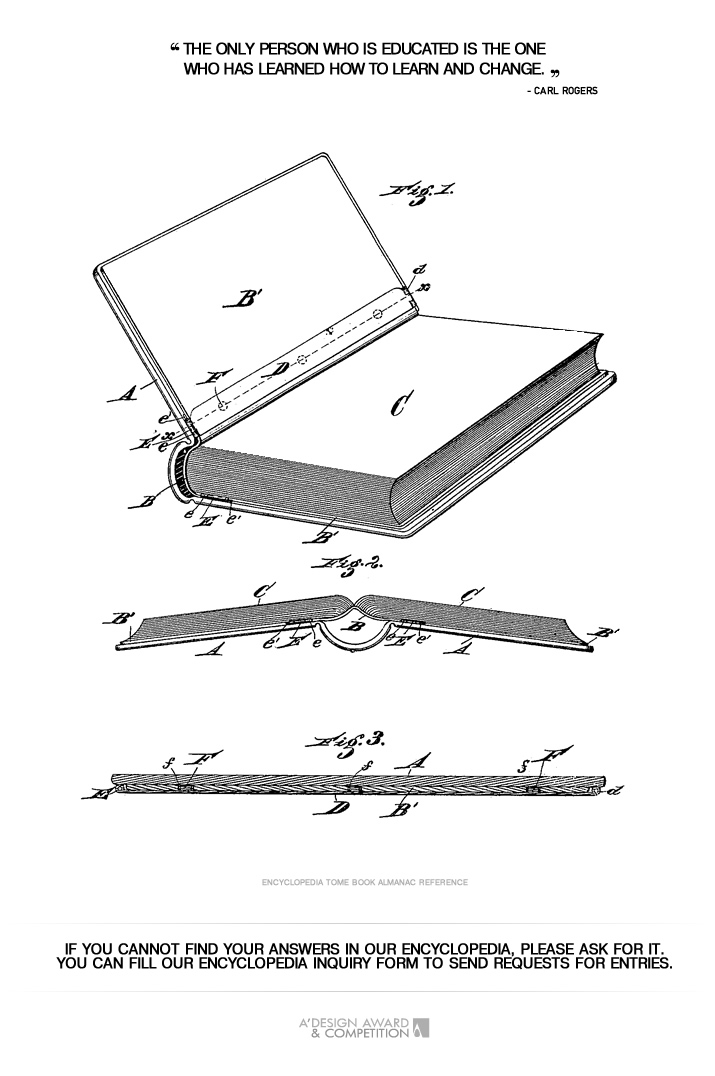
| THE AWARD |
| CATEGORIES |
| REGISTRATION |
| SUBMIT YOUR WORK |
| ENTRY INSTRUCTIONS |
| TERMS & CONDITIONS |
| PUBLICATIONS |
| DATES & FEES |
| METHODOLOGY |
| CONTACT |
| WINNERS |
| PRESS ROOM |
| GET INVOLVED |
| DESIGN PRIZE |
| DESIGN STORE |
| THE AWARD | JURY | CATEGORIES | REGISTRATION | PRESS | WINNERS | PUBLICATIONS | ENTRY INSTRUCTIONS |
Less Power - Entry #479730 |
Home > Design Encyclopedia > 479730 |
 Less Power
Less Power
Less Power is a fundamental design principle and approach focused on creating products, systems, and solutions that minimize energy consumption while maintaining or improving functionality. This sustainable design philosophy encompasses both the physical reduction of power requirements in mechanical and electrical systems, as well as the broader conceptual application of energy efficiency across various design disciplines. The principle emerged from the growing awareness of environmental concerns and resource conservation, particularly during the energy crises of the 1970s, which sparked innovative approaches to design thinking. In industrial design, Less Power manifests through the development of energy-efficient products, from household appliances to industrial machinery, incorporating advanced technologies and materials that optimize power usage while maintaining performance standards. The concept extends beyond mere energy reduction, encompassing the entire lifecycle of products, including manufacturing processes, operational efficiency, and end-of-life considerations. In digital design, Less Power principles are applied through software optimization, efficient coding practices, and hardware configurations that reduce computational demands and battery consumption. The approach has gained significant recognition in sustainable design competitions, including the A' Design Award's Green Design Category, where projects demonstrating exceptional energy efficiency and reduced power consumption are celebrated for their innovative solutions. The implementation of Less Power principles often involves sophisticated engineering solutions, such as advanced power management systems, smart sensors, and adaptive controls that automatically regulate energy usage based on demand. This design philosophy has become increasingly crucial in addressing global challenges related to climate change and resource depletion, inspiring designers to create solutions that not only consume less energy but also educate users about responsible power consumption through intuitive interfaces and feedback mechanisms.
Author: Lucas Reed
Keywords: energy efficiency, sustainable design, power optimization, resource conservation, green technology, eco-friendly solutions, power management systems
 About the Design+Encyclopedia
About the Design+EncyclopediaThe Design+Encyclopedia is a crowd-sourced reference of information on design. Unlike other crowd-sourced publications on design, the Design Encyclopedia is edited and actively monitored and publishing is only possible after review of submitted texts. Furthermore, editors of the Design Encyclopedia are mostly consisting of award winning designers who have proven their expertise in their design respective fields. Information posted at design encyclopedia is copyrighted, you are not granted a right to use the text for any commercial reasons, attribution is required. If you wish to contribute to the design encyclopedia, please first register or login to A' Design Award and then start a new design encyclopedia entry.

If you did not find your answer, please feel free to check the design encyclopedia for more entries. Alternatively, you can register and type your own definition. Learn more about A' Design Award's Design+Encyclopedia.

